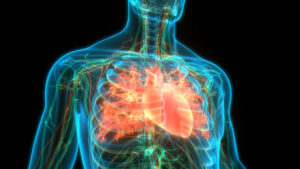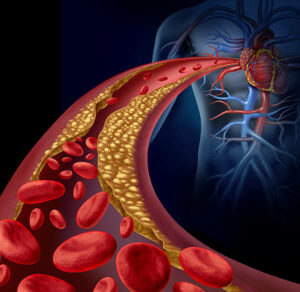Did you know that heart disease is the leading cause of death for both men and women in the United States and all over the world? Heart disease accounts for 697,000 deaths in the United States in 2020 alone. In addition, according to the World Health Organization (WHO), more than 17 million people worldwide succumb to the disease every year.
Whether you’ve been diagnosed with heart disease and you want to keep yourself from becoming a statistic, or you recognize the importance of being proactive about your cardiovascular health, knowledge is key. Below are some of the things you need to know about the deadly condition.
Causes
The term “heart disease” encompasses various disorders and diseases that affect the structure and function of the heart and its blood vessels. The causes, therefore, vary depending on the specific type of cardiovascular disease.
Below are the most common types of heart disease along with some of their causes:
- Arrhythmia – high blood pressure, excessive alcohol or caffeine intake, coronary artery disease, use of certain medications, hypertension, etc.
- Heart failure – hypertension, damage to the heart valves, inflammation of the heart muscle, heart attack, etc.
- Coronary artery disease – high cholesterol, diabetes, hypertension, smoking, etc.
How to Reduce Your Risk for Heart Disease
Heart disease is partly hereditary, in that your risk increases if someone in your family also suffers from it.
If you are concerned about your heart health and want to reduce your risk for the disease, below are some things you can do:
- Getting regular exercise
- Eating a healthy diet
- Quitting smoking
- Managing stress
- Seeing your primary care provider regularly
Treatment for Heart Disease
Outlined below are the methods by which primary care providers treat heart disease:
- Lifestyle changes – Healthy food choices (low-salt and low-fat diet); engaging in regular physical activity; managing stress; getting good sleep; and not smoking are all crucial for effective heart disease management.
- Medications – There are many different types of medications used for treating heart disease. These include beta-blockers, ACE inhibitors, statins, and more. Your primary care provider will work with you to find the right medication for your specific condition.
- Use of cardiac devices –Types of implantable cardiac devices include pacemakers, implantable cardioverter defibrillators (ICDs), stents, and artificial heart valves.
- Surgery – Surgery is often necessary for complex heart conditions or those that don’t respond to nonsurgical treatment.
There are various types of surgical interventions for heart disease. These include coronary artery bypass grafting (CABG), angioplasty/stenting procedures, valve replacement surgery, and transplantation.
Heart Disease Treatment and Management in Wellington, FL
It’s time take to take “matters of the heart” seriously! Whether you’ve been diagnosed with heart disease and you need a primary care provider to help you effectively manage your condition, or you think you’re at risk for the condition and need a comprehensive evaluation, our team is here for you.
At Advanced Medical, our board-certified primary care providers – Dr. Ishan Gunawardene, an internal medicine provider; and Shariffa Gunawardene, a family nurse practitioner – recognize that patient education is an essential component of cardiovascular care. Thus, in addition to providing first-rate medical management, we delight in sharing useful information, which empowers patients to make the wisest decisions to stay on top of their cardiovascular health.
To schedule an appointment with one of our providers, call our primary care clinic today at (561) 434-1935 or use our convenient online appointment request form.






